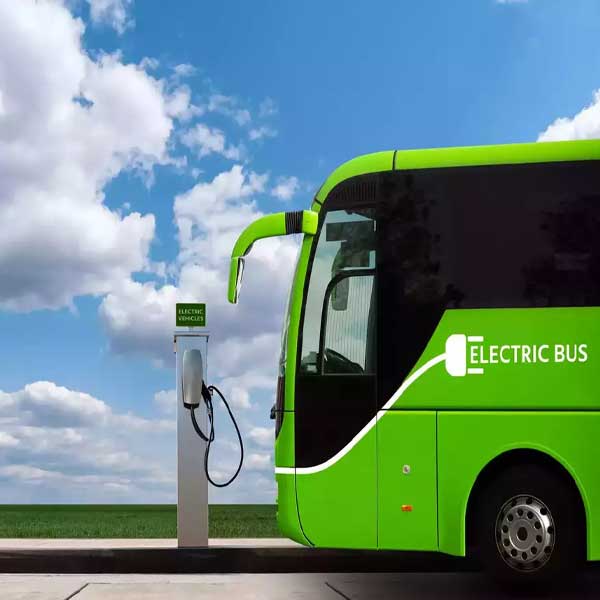
In a significant boost to India’s electric vehicle sector, sales of electric buses (e-buses) are expected to grow by 75-80% in the current fiscal year, reaching 6,000-6,500 units, according to a recent report by CRISIL Ratings. This substantial increase, albeit from a small base, is primarily attributed to the deployment of e-buses through various government schemes and a favorable contracting model.
The growth is underpinned by tenders awarded under initiatives such as the Faster Adoption and Manufacturing of (Hybrid and) Electric Vehicles (FAME) schemes, the National Electric Bus Programme (NEBP) under Convergence Energy Service Ltd (CESL), and the PM-eBus Sewa Scheme. These programs have collectively resulted in orders for 24,000 e-buses at the beginning of the fiscal year.
Efforts by the central government to reduce carbon emissions in public transport are driving e-bus adoption. This, along with favourable contracting terms under the GCC model, which has emerged as the preferred route for e-bus purchase by STUs, has supported deployment.
Says Gautam Shahi, Director, CRISIL Ratings “E-bus adoption is truly in a sweet spot because the interests of STUs and bus operators are being taken care of under the GCC model, with optimal distribution of risk among stakeholders. For example, GCC is an asset-light model for STUs with no upfront cost of acquisition as e-buses are financed by bus operators. Bus operators, in turn, don’t carry any passenger traffic risk and get a steady income stream because of assured rentals per km with tariff revisions linked to inflation. Consequently, they generate a healthy internal rate of return of 10-11% over the tenure of the concession.”
The GCC model is expected to generate a healthy internal rate of return of 10-11% for bus operators over the concession period. However, counterparty risk remains a concern, particularly with STUs that have weak credit profiles.
To manage this risk, the government has announced a payment security mechanism (PSM) under the PM-eBus Sewa Scheme in August 2023. The government is working on the modalities of setting up a dedicated payment security fund (PSF) to secure the receivables of bus operators in case there is a delay in, or failure to make, payment by STUs within the prescribed time as per the concession agreement.
Additionally, for the recently awarded tenders under the PM-eBus Seva Scheme, there is a provision that allows bidders to execute the concession agreement only after the PSM has been notified.
While the surge in e-bus orders will generate economies of scale in production, declining battery costs will lower the purchase price of an e-bus. The benefits of the potential decline in e-bus prices may be passed on to STUs by bus operators, in terms of rentals per km, thus further aiding adoption.
Says Pallavi Singh, Associate Director, CRISIL Ratings, “Existing strong e-bus orderbook, along with the remaining orders of 7800 buses to be awarded under the PM e-Bus Sewa Scheme4 will give a fillip to the sector. Moreover, the government is expected to further augment this scheme, which, will continue to support growth of e-bus sales over this and next fiscal.”








